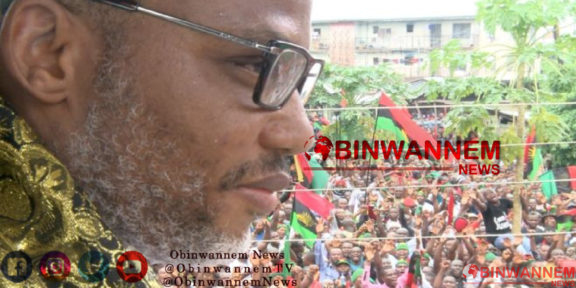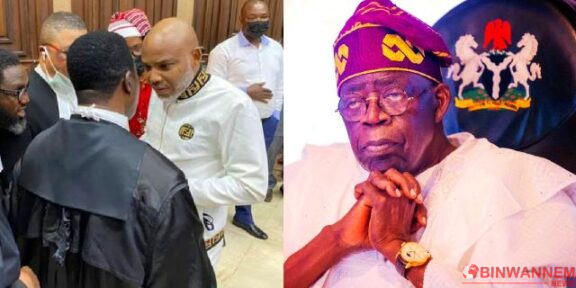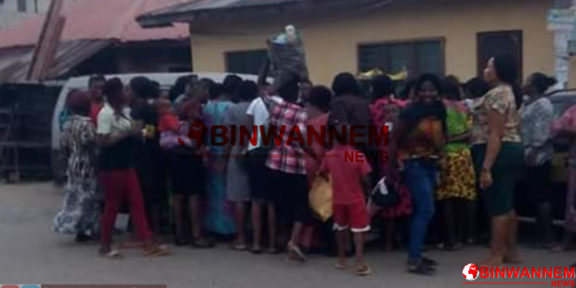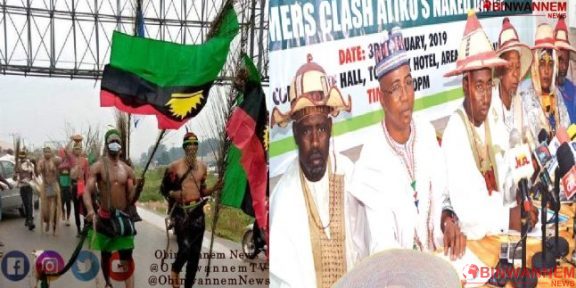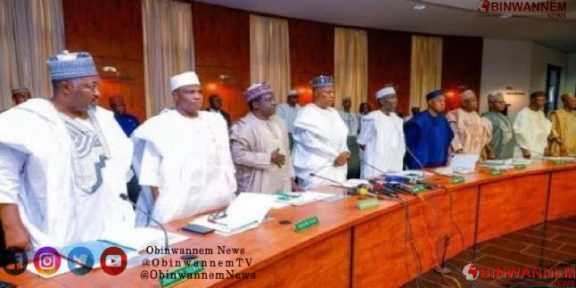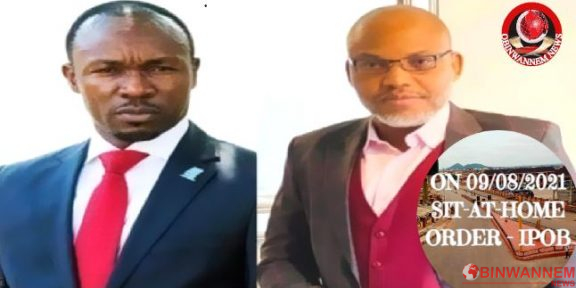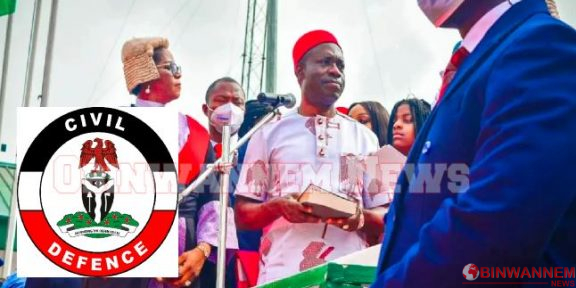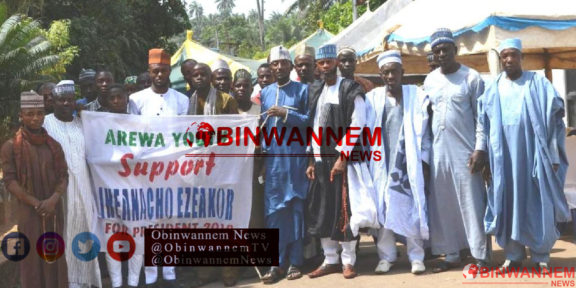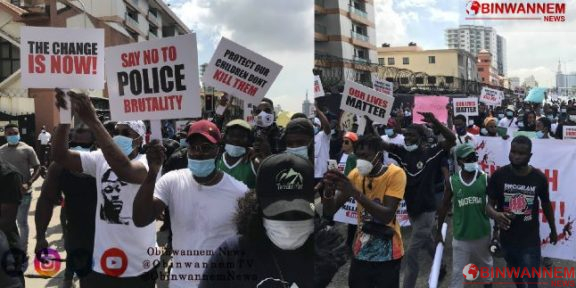The current situation involving the coup in Niger has brought about a critical juncture in the responsibilities of the ECOWAS chairman and the President of Nigeria. As leaders with the power to influence regional decisions, they must tread with extreme caution in their approach to this crisis. Here are several reasons why this cautious approach is crucial:
Potential Regional Destabilization: The West African region is already grappling with numerous challenges, including terrorism, insurgency, and economic disparities. A hasty or aggressive intervention could exacerbate these problems and lead to further destabilization, endangering the stability of neighbouring countries.
Historical Precedents: History has shown that interventions and military actions in foreign territories often have unintended consequences. The lessons from past interventions, such as in Syria, Iraq, and Libya, underscore the importance of considering the aftermath and potential long-term effects of any intervention.
Sovereignty and International Law: Sovereignty is a fundamental principle of international relations. Intervening militarily in another sovereign nation without a clear and internationally recognized justification could set a dangerous precedent and weaken the foundation of international law.
Complex Motivations: The motives and intentions behind the coup in Niger are multifaceted. Rushing to action without a complete understanding of the situation’s complexities could lead to misinterpretation and miscalculation of potential outcomes.
Strategic Diplomacy: Diplomacy remains a powerful tool in resolving conflicts and crises. Engaging in dialogue, negotiation, and diplomatic efforts with the junta leaders in Niger, as well as involving international organizations, could offer a peaceful way to address the situation.
Humanitarian Concerns: Any military intervention could lead to human suffering and displacement. The potential for civilian casualties, loss of infrastructure, and disruption of daily life must be weighed against the benefits of intervention.
Economic and Social Impact: Nigeria, as a regional powerhouse, has a pivotal role in shaping the economic and social landscape of West Africa. Destabilizing the region could impact trade, investment, and overall development, affecting millions of people.
Public Perception: How the chairman of ECOWAS and the President of Nigeria handle this situation will influence public perception both within their own countries and across the region. A well-considered and measured response can maintain their credibility and authority as regional leaders.
Collaborative Approach: Instead of unilateral action, a collaborative approach involving ECOWAS member states, regional partners, and international bodies should be pursued. This collective effort can ensure a comprehensive and balanced response.
Long-Term Solutions: Addressing the root causes of the coup and supporting efforts to restore democratic governance in Niger requires a strategic, long-term perspective. Focusing on sustainable solutions that uphold democratic values is essential for the region’s stability.
In navigating this complex situation, the ECOWAS chairman and the President of Nigeria must prioritize peaceful solutions, regional stability, and the well-being of the people in the affected country and the broader region. A measured, cautious approach that considers the lessons of history, respects sovereignty, and seeks diplomatic solutions is vital for making informed decisions that will have lasting impact.




